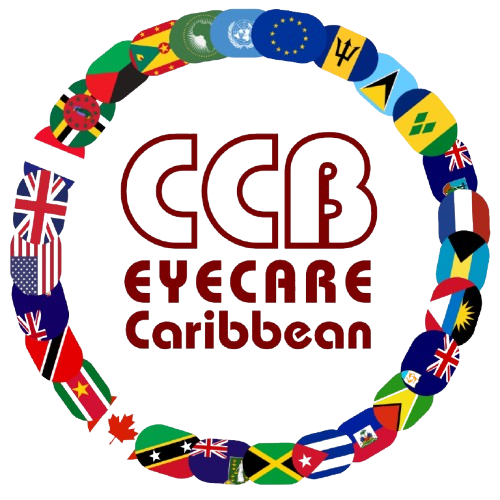A cross-sectional, descriptive study to measure: Knowledge, attitudinal and behavioural (social practices) effects which a positive diagnosis of glaucoma may have on affected patients of the Eye Department of the FISH Medical Clinic, Gordon Town Road, St. Andrew, Jamaica.
Researcher: Arvel Grant, B.Sc-Sw (Hons) DPA, MPH
(download the full report in pdf format here)
Chapter 1 – Introduction
1.1 The Research Question
A cross-sectional, descriptive study to measure psychological or social effects which a positive diagnosis of glaucoma may have on affected patients.
1.2 The Rationale For The Study
In 2006, this researcher undertook graduate work leading to the Master of Public Health (MPH) in the Faculty of Medical Sciences, UWI Mona. In executing the programme, I undertook a Knowledge Attitude and Practices KAP study (with technical supervission by Dr Kenneth James, Epidemiologists and Coordinator of the MPH programme.
In analyzing the data, I noted a significant level of (seeming) fear and apprehension among glaucoma patients, towards the disease. That experience is the basis for me embarking upon this study. Preparations for this study were significantly informed by that research exercise. That study provided me with valuable insight into the presentation, treatment and prognosis of glaucoma; as well as aspects of study methods which could inform this research.
Further, I have concluded that glaucoma is a major cause of incurable blindness. Such studies have identified Open Angle Glaucoma (OAG) as the leading cause of incurable blindness among persons of African descent. In a graphic illustration of this reality, a Barbados Eye Study concluded that the prevalence of glaucoma among Barbadians over-40 is one in eleven persons (BES 1992).
1.3 Basis for the Study
Glaucoma is currently being diagnosed in eye clinics across Jamaica. To that end, this researcher believes that every effort should be made to expand existing knowledge about how the condition (or group of disease) is understood by patients. What feelings and attitudes they have toward the condition and how their status as glaucoma patients, affect positively or negatively their social circumstances.
1.4 Likely Usefulness of Study Results
Inadequate knowledge, negative feelings and attitudes as well as poor social relationships and contacts, could represent an immediate and dangerous shortcoming which could lead to poor treatment compliance and incurable blindness. The extent to which such conditions are found to exist among patients diagnosed with glaucoma may provide a basis for the implementation of appropriate patient education and counseling programs at the Eye Clinic and (possibly) encourage other eye departments to examine the phenomenon for possible action.
1.5 The Hypothesis
Based on a similar study done at the Eye Department of the Mandeville Regional Hospital, Jamaica, (A. Grant 2006), it is reasonable to hypothesize that glaucoma patients at the FISH Medical Clinic Jamaica, have a positive psychological disposition toward the condition.
1.6 Context
Increasingly, different types of studies are being undertaken about Glaucoma (mostly) in industrialized countries. However (with the exception of Barbados) no other country in the English-speaking Caribbean has benefited from the implementation of a scientifically approved study of glaucoma in its population.
A search of available data bases, have revealed no evidence of studies done on the psychological effects which glaucoma may have on persons, affected by the condition, in Jamaica. At the same time, Jamaica (which has the largest segment of people of African descent in the English-speaking Caribbean) is likely to have a high prevalence of Glaucoma. Therefore, this study focuses attention on a (likely) major gap in the nation’s public health.
1.7 Justification and Objectives
Generally, Glaucoma is an insidious condition; it is often without symptom; and very difficult to diagnose. Because of its insidious nature, the disease does not inspire its victims to urgent action to control it. Therefore, inadequate knowledge, incorrect beliefs, negative feelings and attitudes as well as poor social relationships and contacts, could inhibit treatment compliance and lead to incurable blindness.
In sum, the objectives of the study are to determine whether Glaucoma patients attending the Eye Clinic of the FISH Medical Center, experience measurable psychological and social dispositions, occurring after a diagnosis of the condition.
Chapter 2 – Literature Review
